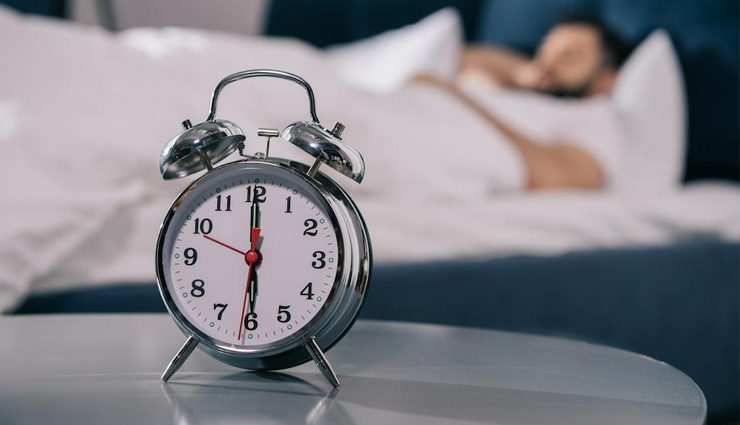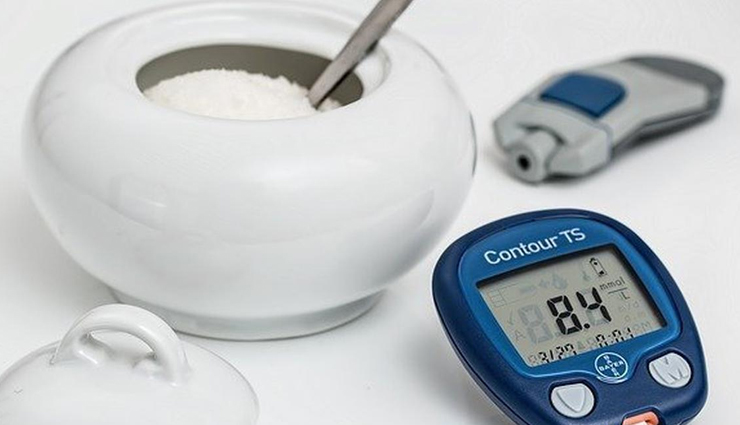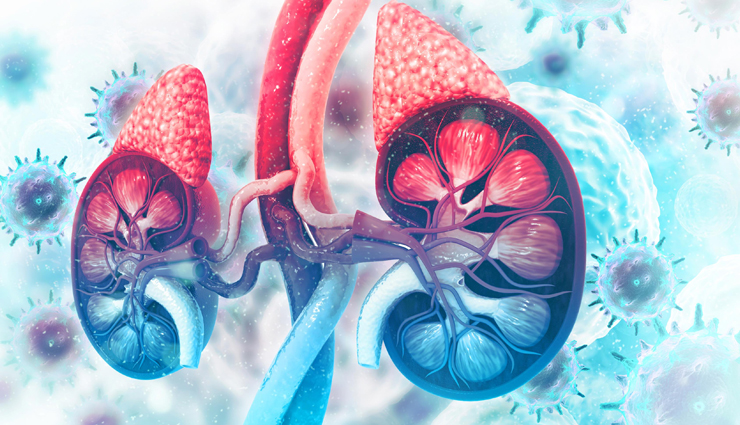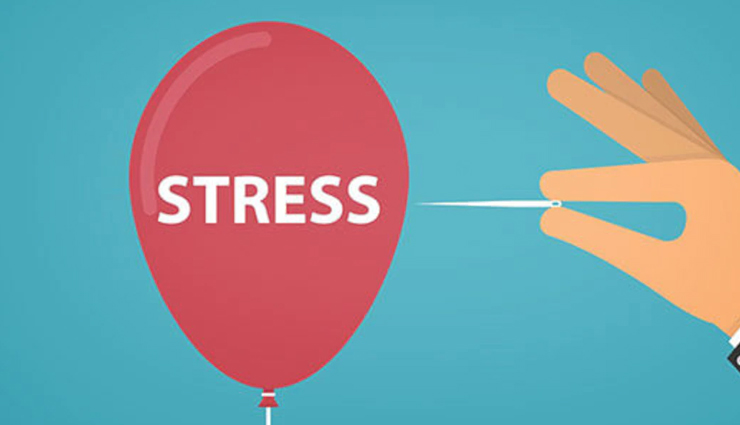- Home›
- Healthy Living›
- 6 Tips To Help Improve Your Sleep
6 Tips To Help Improve Your Sleep
By: Kratika Sun, 30 Oct 2022 12:26:03

A good night’s sleep is one of the most important keys to good health. Lack of sleep has been linked to increased weight gain, poor memory, depression, low productivity and low immunity. While everyone needs a different amount of sleep to function at their best, it seems that eight hours of sleep is optimal for most.
If you are someone who struggles to fall asleep or stay asleep, these are things you can do to improve your sleep and your health.

# Maintain a regular sleep schedule
Sticking to regular bed and wake-up times will help your body to get into a rhythm and may help you to feel more refreshed. It may be difficult to do, but try to keep to this bedtime on weekends too until your sleep patterns have improved dramatically.

# Increase your melatonin production
Melatonin is a hormone that regulates sleep, among other things. Melatonin production is controlled by light exposure and you secrete more in the evening when it becomes dark to make you sleepy. During the day, when exposed to light, melatonin production decreases to make you feel awake. Modern life has caused a disruption to our melatonin production because we spend days indoors away from natural light and we spend our evenings subjected to bright light from computers and TV.
Try turning off all electronics 2 hours before bedtime and read a book or listen to music instead. Make sure your curtains block out as much light as possible or use an eye mask to sleep. If you wake up to go to the bathroom during the night, either leave the light off or use a flashlight because even the slightest light exposure can disrupt your melatonin levels. You may need to supplement with small amounts of Melatonin for a few months.

# Balance your blood sugar with dietary changes
Low blood sugar levels during the night may force your body to wake up in search of food. A light snack before bed may help to avoid these incidents happening. This could be some fruit, a bit of protein or a few nuts. Don’t eat a big meal close to bedtime, but do make sure your evening meal contains come good quality protein as this will provide the sleep-inducing amino acid tryptophan.

# Cut down on stimulants
Some people don’t metabolise caffeine efficiently and this means they feel wired long after its consumption. Try to eliminate coffee or at least avoid drinking it after 11am. Be aware that certain medications may contain caffeine. Nicotine also tends to have a stimulating effect, so one may need to think about stopping smoking.

# Have your adrenal hormones checked
Scientists have found increased levels of stress hormones in people with chronic insomnia. People who battle to fall asleep often have high levels of cortisol (stress hormone) at night, which is the time that cortisol levels should decrease naturally. This hormonal change could be due to a variety of lifestyle issues and may lead to depression, high blood pressure, obesity and osteoporosis. If you find yourself more alert in the evening and unable to wake up in the morning you may be suffering from adrenal dysfunction and need to get your hormone levels tested with a health practitioner.

# Avoid Stress
Long term stress can lead to depletion in the inhibitory neurotransmitters which can leave one unable to calm down, physically and emotionally. An increase in the neurotransmitter GABA will help to balance this and improve sleep.





